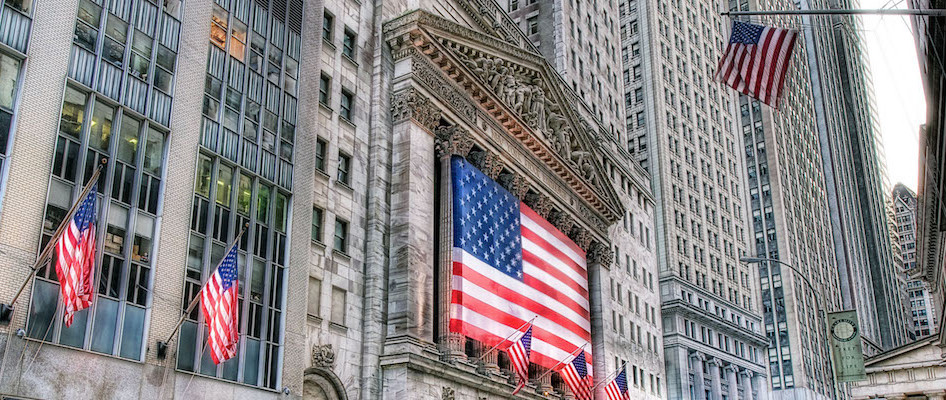Amazon cut at least 100 positions in its robotics unit, continuing a sweeping corporate downsizing tied to artificial intelligence efficiencies and cost controls.
U.S. layoffs dropped 55% in February to 48,307 job cuts after elevated January numbers, offering relief amid ongoing economic uncertainty and rising costs.
More than 40,000 Concord 360 Degree Rechargeable Light-Up helmets sold at Walmart are being recalled for failing federal safety standards.
Interior Secretary Doug Burgum says the U.S.-Venezuela energy partnership is moving at "Trump speed" toward a "golden age of abundance" as American companies show interest.
Record 6% of Americans tapped 401k savings for hardship withdrawals in 2025, up from 4.8% in 2024, as financial stress forces workers to raid nest eggs.
Energy giant Chevron alerts California Gov. Gavin Newsom and regulators that proposed carbon cap amendments threaten national security and could destroy state refineries.
Federal workforce shrinks 12% as President Donald Trump's efficiency push takes effect, data shows, with thousands of government employees having left since September 2024.

